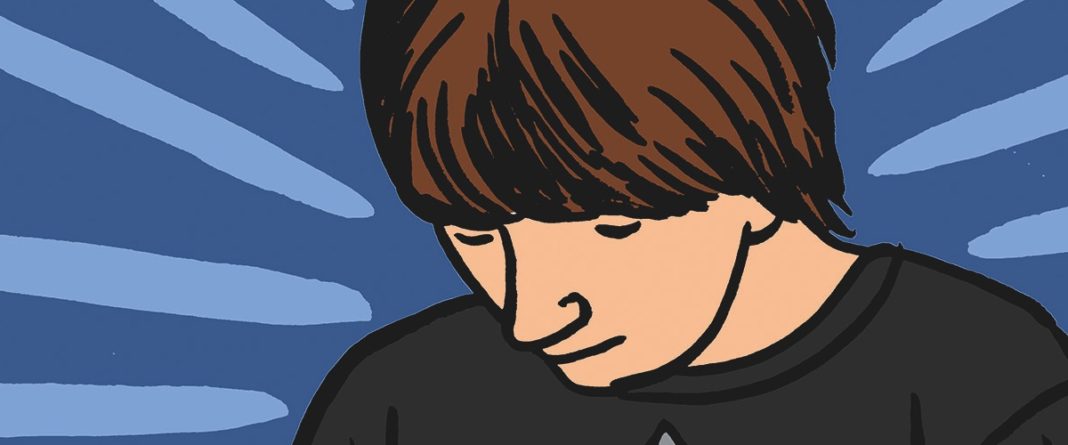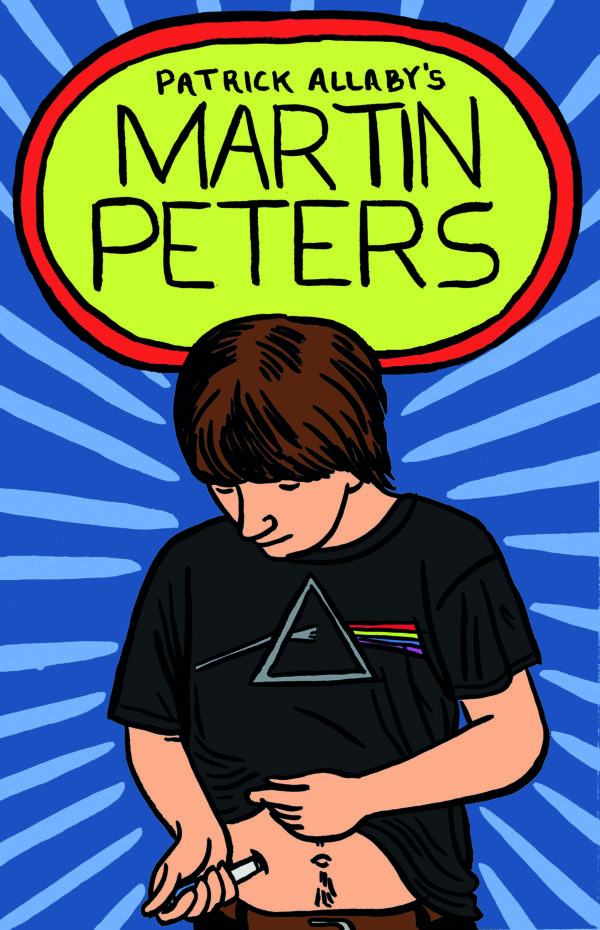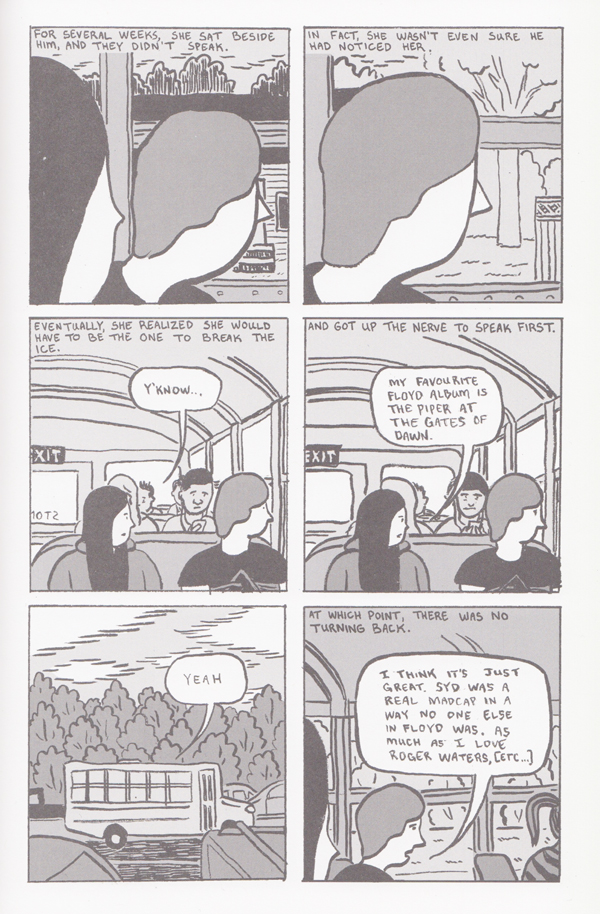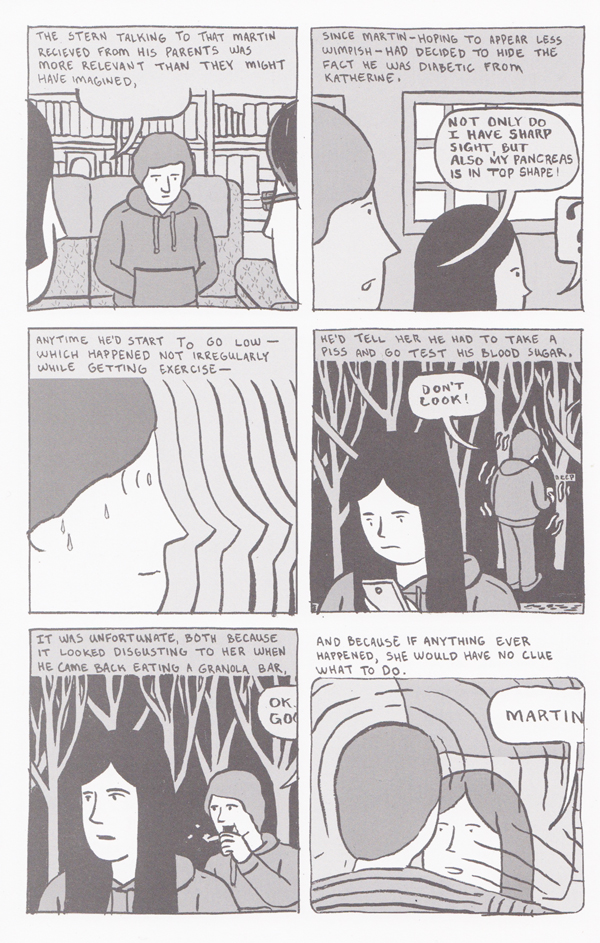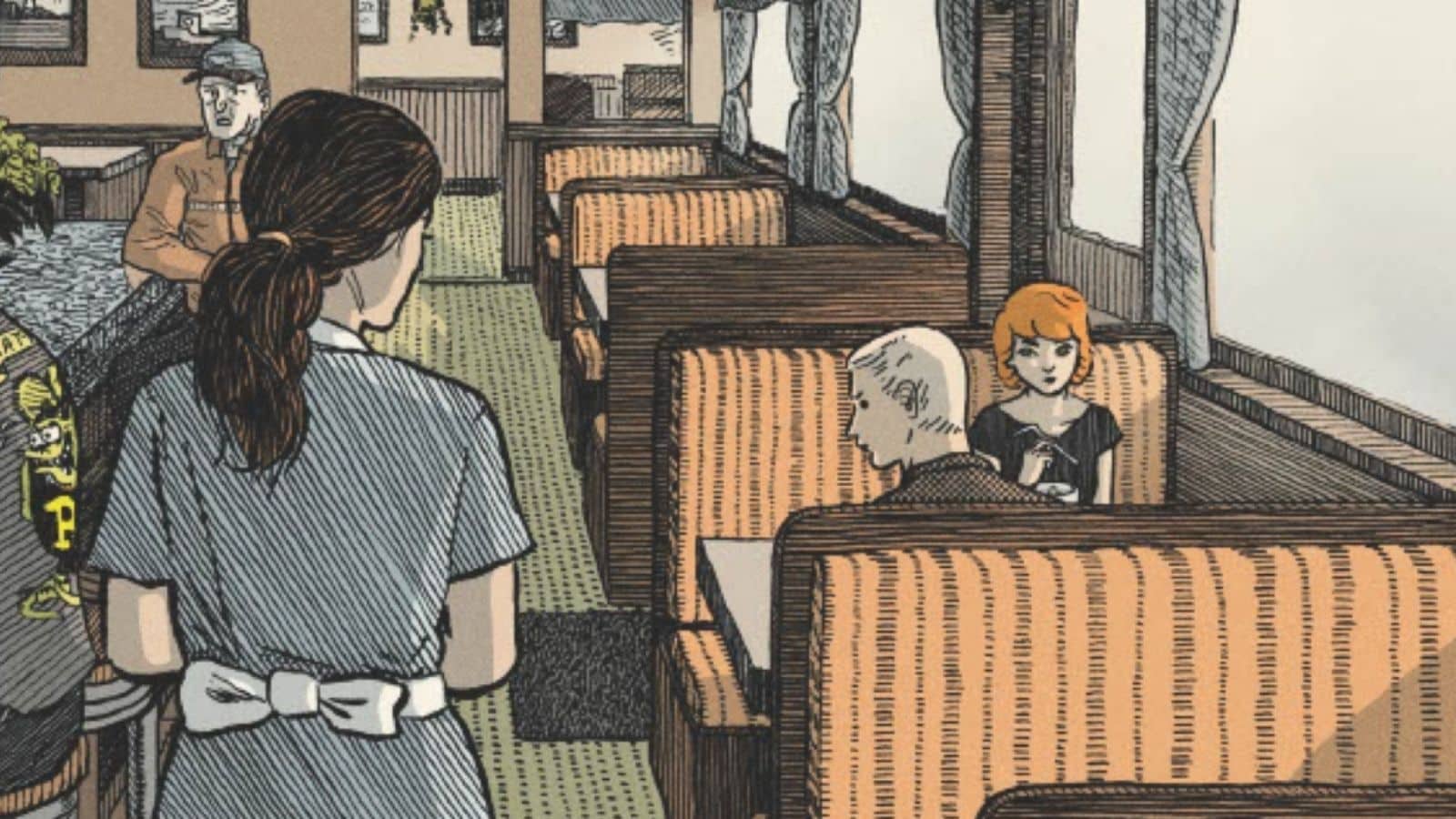Martin Peters
By Patrick Allaby
Conundrum Press
Have you ever had a conversation with a friend where you and the friend trade stories about your teenage years? Have they ever included long narratives tracing your experience with one person? Probably an old boyfriend or girlfriend? These dialogues are technically supposed to be filled with facts, but have you ever considered the way human memory works? It’s selective for a number of reasons. Part of it has to do with which memories you’ve reinforced over time, strengthening their hold on your mind, and which ones have faded and caused you to fill in speculative additions to what you’ve lost.
And there’s also the issue of reinforcing memories that are tainted by emotion, or even emotional immaturity — we are talking about teenage years, after all. Also, in building a cohesive narrative that makes for good conversation, you may be selective about which details you offer, leaving out the ones that either contradict the narrative you’ve selected or deter from the impact of the story you’re telling.
Now imagine your friend repeating the story you’ve told them. That’s pretty much what Patrick Allaby’s Martin Peters is all about.
Well, it’s sort of about that. In Allaby’s introduction, it’s a little bit about Allaby’s discovery that he has type 1 diabetes and the traumatic way that he discovered this. Well, it’s not about that, but it informs why Allaby tells the story he tells. It’s also a little bit about Allaby’s creative endeavors, the nuts and bolts of them, and what happens behind the scenes to encourage or discourage his output, like sales of actual copies. Mostly, though, it’s about the titular Martin Peters, who may or may not be a real person.
The story itself is Martin Peters’ reminiscence to Allaby about a girl named Katherine, who he met and became involved with as a teenager. Though it’s not actually totally about that, it’s also about Martin Peters’ having type 1 diabetes, too. Actually it’s about the way Martin Peters’ parents limited what he could do on his own in the outside world because of his diabetes, and about Martin Peters’ alienation from that world, even as he was desperate to assert his presence through attaining a girlfriend while keeping his diabetes a secret from everyone out of embarrassment.
According to Allaby, he and Martin Peters met in a diabetes support group and formed a friendship, so the diabetes aspect of the story is not small, and it does in many ways paint much of what happens. But Allaby mostly spends time recounting the relationship between Martin Peters and Katherine to a painful degree, capturing every naive desire on Martin Peters’ part, every awkward conversation he forced on Katherine, and in doing so, depicting the experience of so many dorky guys of high school age who would rather their real selves never be represented in comic book form at all. In this way, Allaby is astonishingly accurate.
But it’s also about Martin Peters trying to correct Allaby’s portrayal of him. That’s partly because of the reason I just stated, and also because no one comes out looking very good in high school romances, which are basically relationships between two people who have no idea what they are doing and can only really judge the give and take by what seems right for them. Allaby applies this knowledge to the portrayal, juggling it with Martin Peters’ self-conscious corrections to the work when Allaby seeks out guidance from him. As a result, it’s about control of narrative.
And yet along with all of this, it’s also about the unexpected things that happen, often stemming from bad events. All the embarrassment and awkwardness and selfishness and even health terror that unfolds can result in something wonderful, and that’s because lives are made up of all of those things and as Allaby seems to understand, in picking and choosing the memories included in our narratives, we get to pick the build-up to the ultimate lessons of our narrative. We don’t control the narrative as it unfolds in real-time, but we do get to highlight what we think is the ultimate result. And the same goes for anyone who decides to re-tell our story.
Allaby re-tells Martin Peters’ story with a delightfully deadpan that really captures something about the years he’s portraying. It’s one of the most real teenage-based comics I think I’ve ever read and it understands the murky chasm between when things happened to us and when we talk about them later as we try to present who we actually are versus who we used to be.


